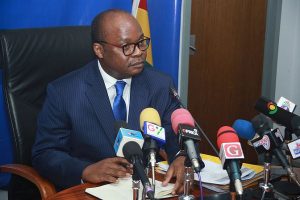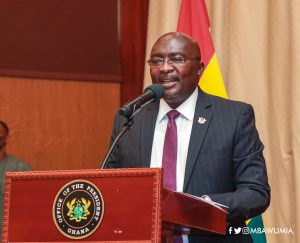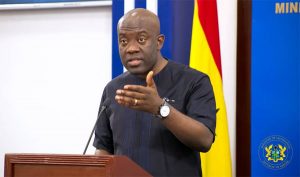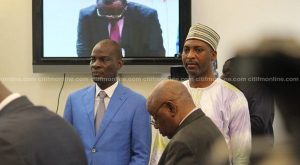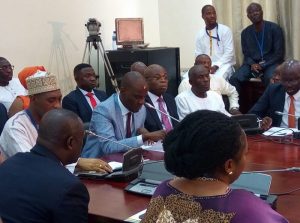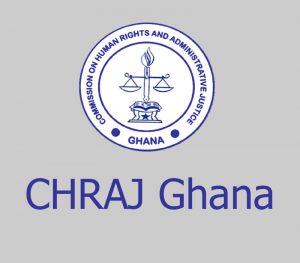Government is courting the support of Ghanaians to embrace the debt exchange agenda to enable the country recover from its economic shocks.
A deputy Minister of Finance, Abena Osei Asare says the completion of the debt operations is key in helping Ghana finalise its arrangements with the International Monetary Fund (IMF) for the US$ 3 billion bailout.
This, she says, government cannot reach without the buy-in of the citizenry.
Ghana’s Domestic Debt Exchange Programme has been launched to put the country’s debt on a sustainable path.
The debt restructuring will see a slash in interest payments for domestic bondholders to zero percent in 2023 and five percent in 2024.
Existing domestic bonds as of December 1, 2022, will also be exchanged for a set of four new bonds maturing in 2027, 2029, 2032 and 2037 – all in a bid of restoring the nation’s capacity to service its debt.
“Currently, we need this debt operation to enable us get to the next step of the IMF negotiations. We need the IMF support to help us solve our balance of payment deficits and give liquidity to the country”, the Deputy Minister stressed.
Speaking on the Point of View on Citi TV, Madam Abena Osei Asare admitted that though a tough decision, Ghanaians should in the “spirit of burden sharing”
“I believe in the spirit of burden sharing. This is one of the most difficult measures we have to take to help us stabilize the economy and help it to get back on track. It is something we will encourage everybody. Nothing will be lost.”
“We will work with the regulators to ensure that everybody’s investment and pensions are secured. So we need everybody to partake in this debt operations, so we can reach a staff-level agreement with the IMF”, she added.
Under the programme, however, treasury bills and individual bondholders will not be affected while there will be no ‘haircuts’ on the principal of bonds, government says.


